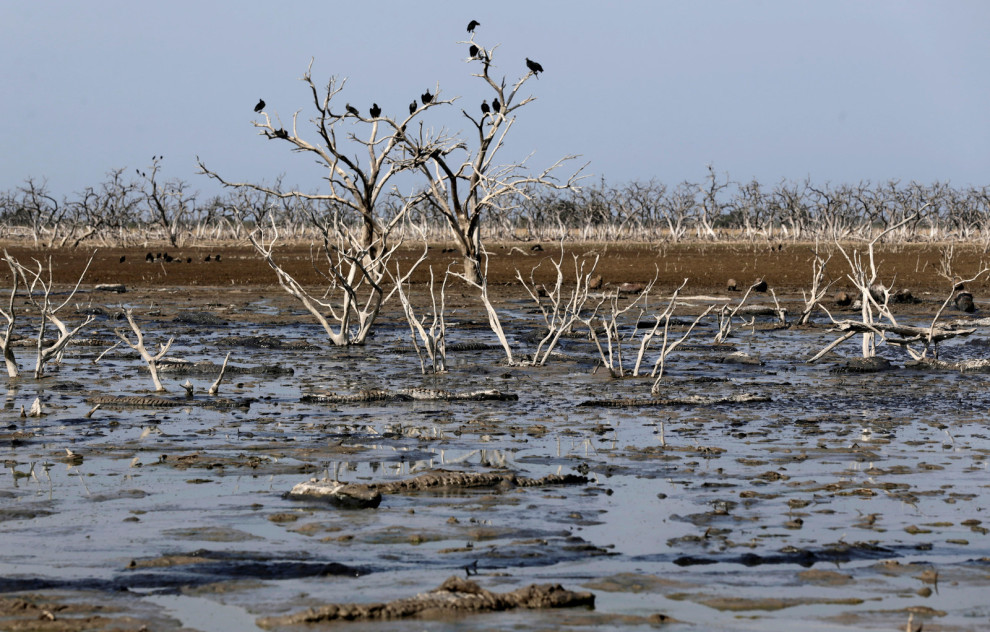
In increasingly extreme climate change, drought is not the only disaster on offer, but also climate uncertainty, rising sea levels or even floods. And Indonesia is not free from all that.
Executive Director of the Regional Research and Information Center (PATTIRO), Maya Rostanty, said that one of the most vulnerable areas is East Java.
“In the last five years, the intensity of disasters there has increased. “And the most frequent ones are floods and landslides,” said Maya.
Apart from natural disasters that we have to worry about from climate change, Maya also warns about the further effects of climate disasters. Such as threats to agriculture and health.
“First, agricultural productivity will decrease. “Secondly, the risk of dengue fever, malaria or diarrhea increases,” explained Maya.
Maya added, of the 32 disaster-prone areas, there are 10 points that are very vulnerable, and most of them are located in the Brantas River Basin (DAS), “The level of water quantity per year in Brantas is above average, 11.7 billion m3, while the exploitation potential is 2.6 – 3 billion m3,” he explained.
In preventing natural disasters from getting worse, PATTIRO and USAID – APIK are working together to build awareness and readiness of their communities in facing climate change disasters.
In her own working area, Maya explained that PATTIRO will focus on Blitar Regency for 12 months, “We will carry out potential and disaster risk mapping, increase understanding and increase community capacity,” she said.
Even so, Maya agrees that good intentions cannot be realized if the role of society is put aside, “Collaboration is very important from every element of society, and it must be practiced throughout the year so that climate change adaptation runs well,” said Maya.
For your information, previously PATTIRO and USAID – APIK had also strengthened communities in six villages in Malang Regency which was completed in early 2017.
“We hope that good adaptation practices can be emulated by other regions, so that climate disasters everywhere can be minimized,” stressed Maya. (AR)




